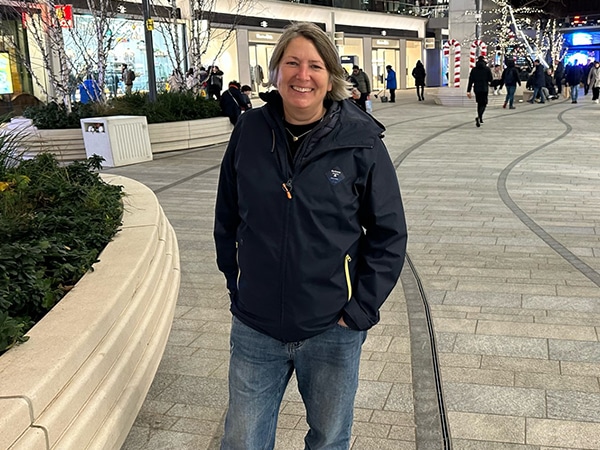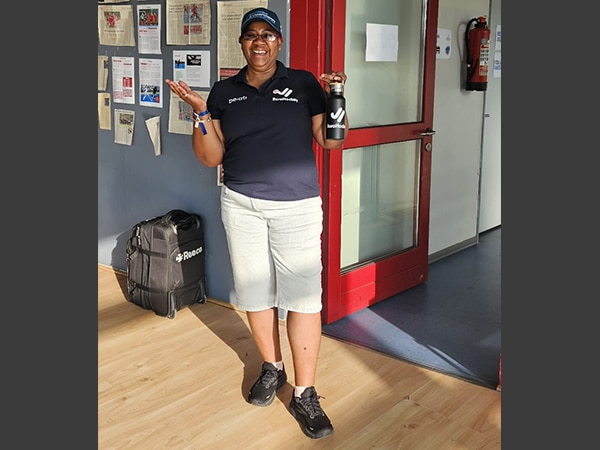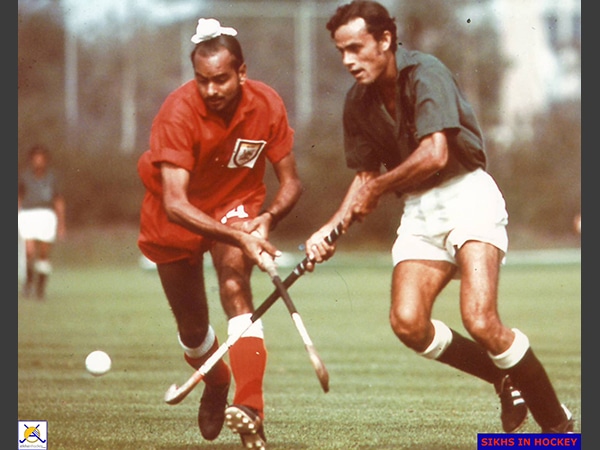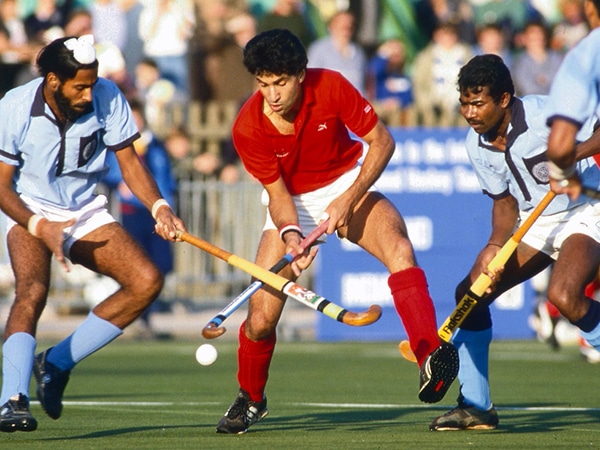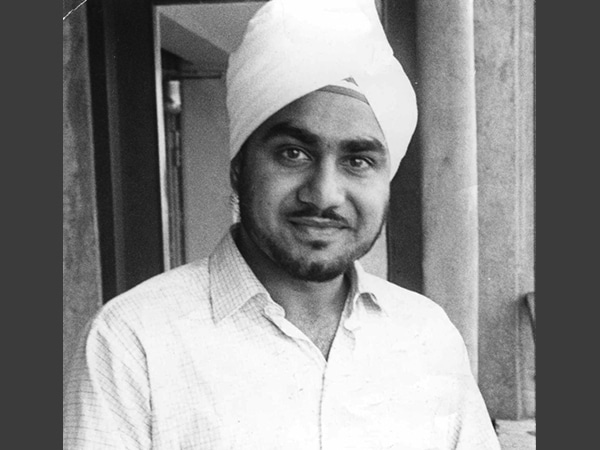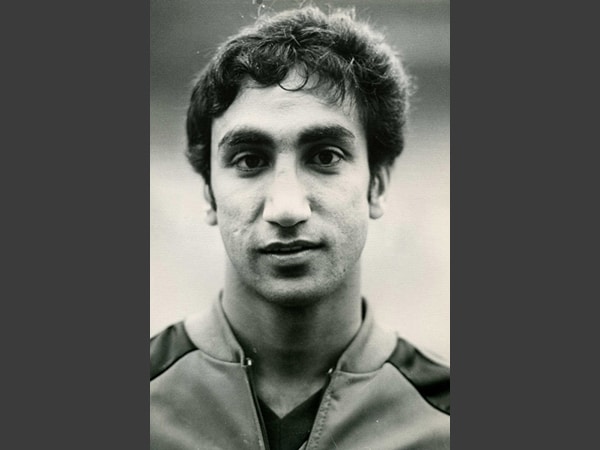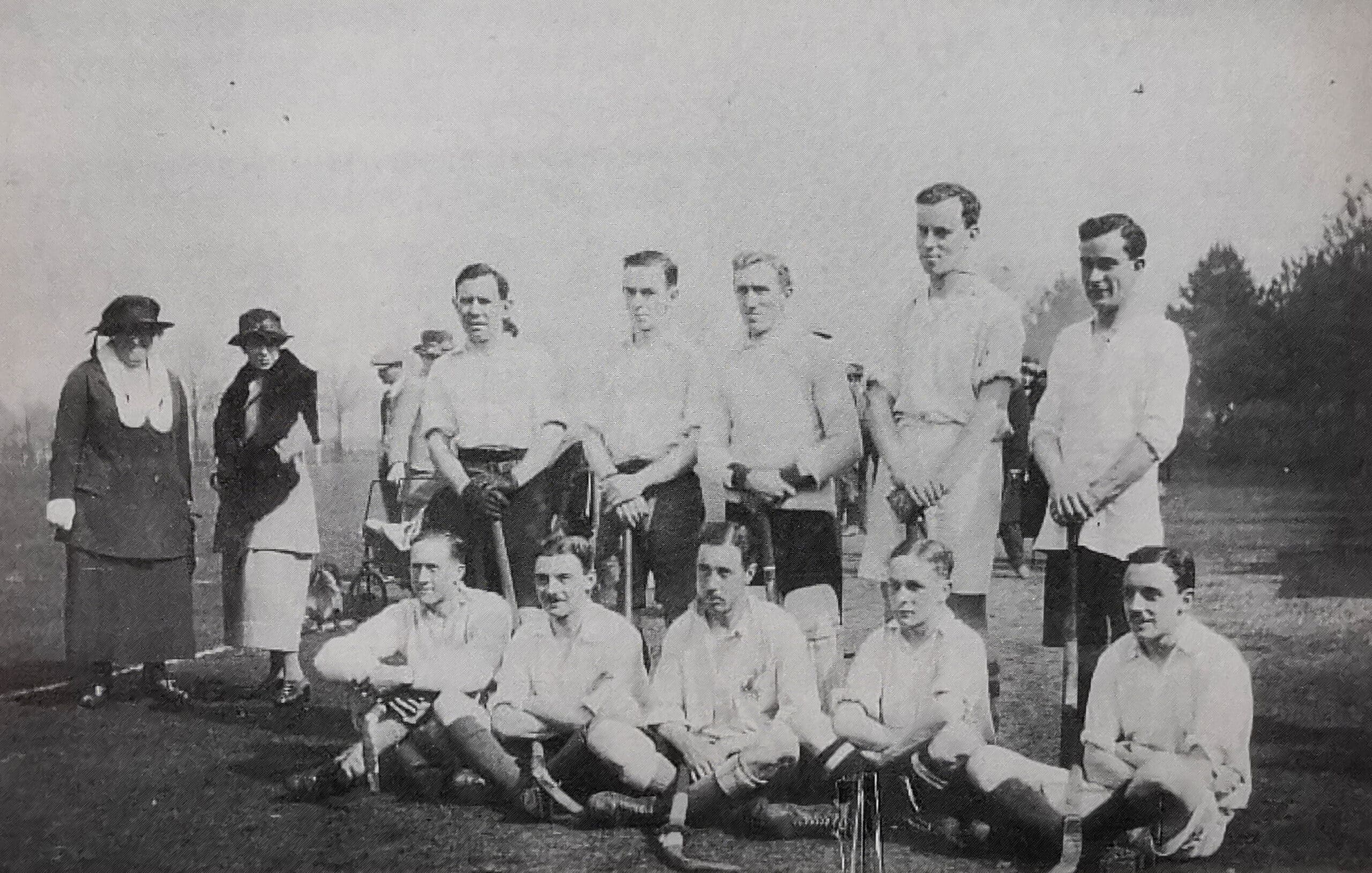Welcome to The Hockey Museum
Welcome to The Hockey Museum, the first and only museum of (field) hockey in the world!
Immerse yourself in the sport’s history and heritage, not only in Britain where the ‘modern’ game started, but from all around the world. Unveil our vision, mission, and ambitious goals. Meet the dedicated trustees and staff who help bring the legacy of hockey to life. Together with our partners, we preserve and promote the origins and evolution of our great sport. Prepare to be captivated by historical stories, absorbing oral histories and heartfelt obituaries that shine a long-overdue light onto hockey’s fascinating past.
Discover the latest news, ground-breaking research and our programme of exhibitions and events. Learn about our treasured collections and archives and how you can utilise them, or reach out to us with an enquiry. Sign up to our mailing list to receive historical hockey stories and keep up to date with the activities of the museum.
Support our work to uncover and share the untold stories of hockey. Whether through a generous donation, leaving a lasting legacy or lending your time as a volunteer, you can help to save hockey’s heritage and inspire future generations with its history.


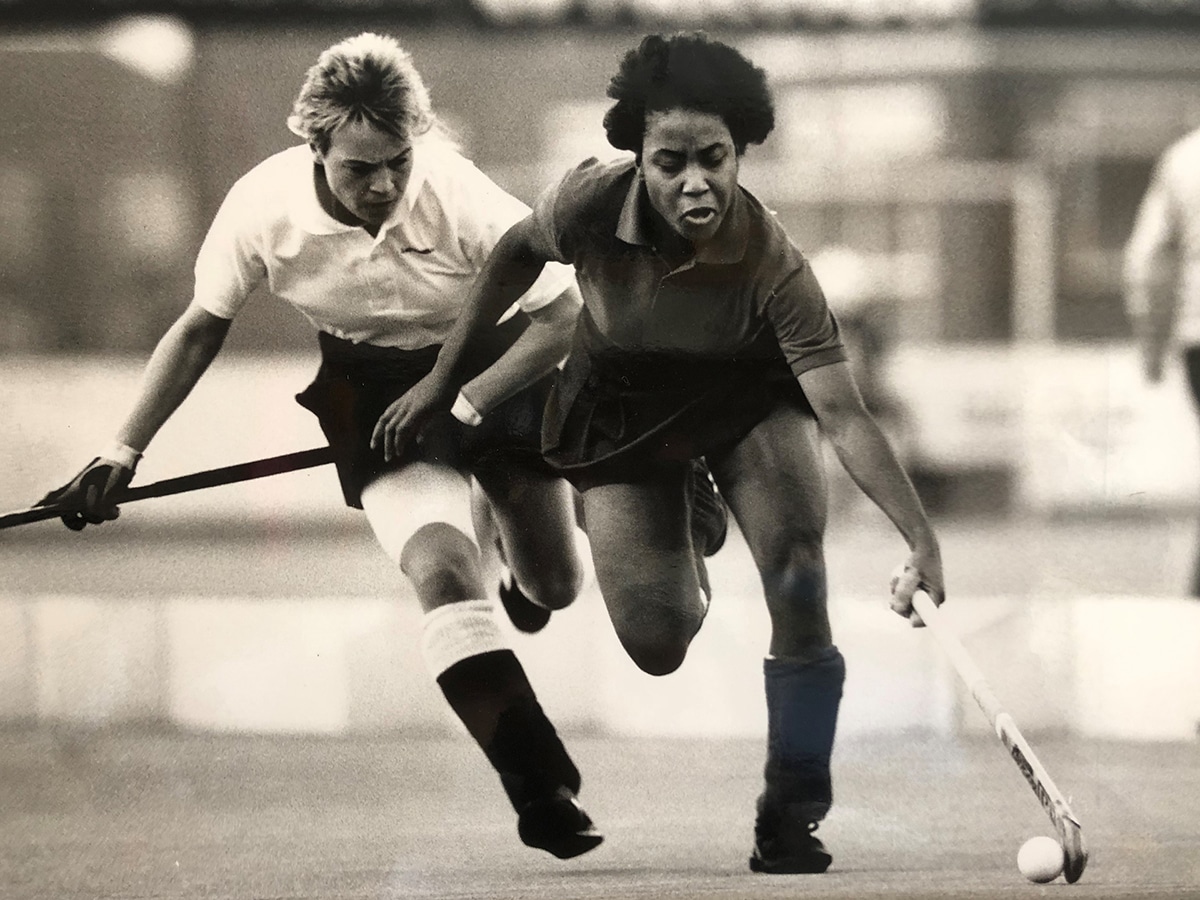

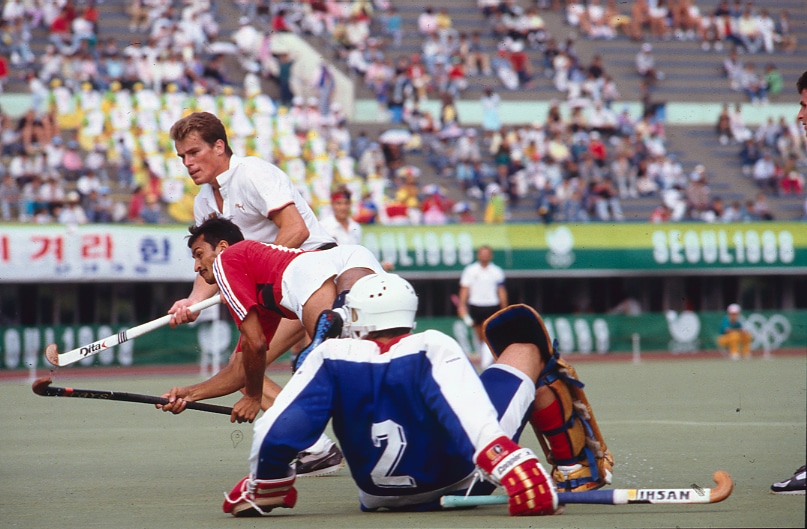


WHAT’S NEW
Oral History Interview: Steven Bradley
Oral History Interview: Joanne (Jo) Thompson
Oral History Interview: Dawn Bonner
Oral History Interview: Avtar Singh Bhurji
Oral History Interview: Kulbir Singh Bhaura
Oral History Interview: Jaswindar (Jas) Singh Missan
Oral History Interview: Sutinder (Suti) Singh Khehar
Oral History Interview: Elizabeth (Liz) Huggins
Peter James Wilson, 1942-2024
The Last Hockey Tournament Before the Second World War
Explore the Fascinating Work of The Hockey Museum in Giving Hockey’s History a Future

Support Us
You can ensure the longevity of our charity museum by making a regular or one-off donation, leaving a legacy in your Will, volunteering with us, or by gifting items to the collection.

Our Collections
Our collection is made up of many areas. These inform our understanding of the history of hockey, facilitate our research and are at the heart of our exhibitions and stories.

Research
We encourage people to visit and use our library, archives and collections as a basis of their research. Several of our volunteers undertake research of their own. Discover more.

Visit Us
All you need to know about visiting us in our Woking home: opening hours, visits by appointment, our accessibility offering and more.

